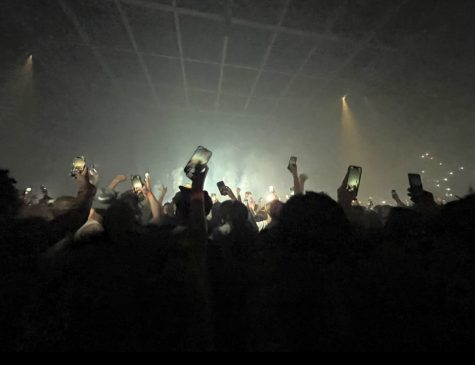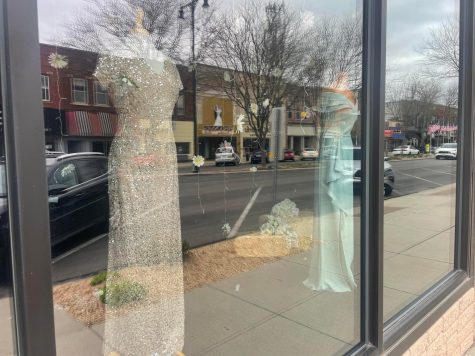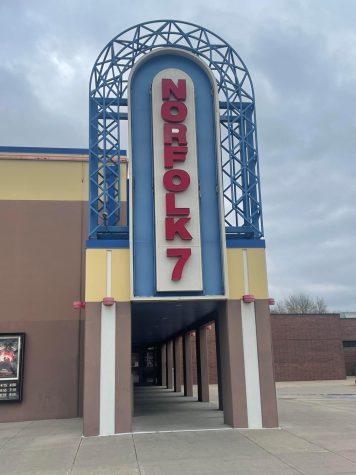New Governor In Mexico’s Guerrero State Allegedly Had Role In 2001 Kidnapping
November 6, 2014
MEXICO CITY — Few dispute that the newly installed governor of Mexico’s Guerrero state has a radical past. The question is, just how radical?
Supporters of Gov. Rogelio Ortega Martinez, who took office last week amid a deepening crisis over the disappearance of 43 students from a rural teachers college six weeks ago, say the 59-year-old sociologist’s roots in the radical left might be just what’s needed to quell insurgent fervor in a state that’s been the cradle of numerous revolutionary movements.
But a criminal complaint lodged against Ortega charges that his radicalism went beyond politics to include kidnapping and extortion, all in cooperation with the hemisphere’s oldest guerrilla group, the Revolutionary Armed Forces of Colombia, or FARC in its Spanish initials. If proved true, the allegations would underscore another reality in Mexico: Impunity for past crimes among politicians helps create a culture of little respect for the law.
The complaint links the new governor to a kidnapping in Guerrero in 2001 and dealings with the FARC, which the United States and many European nations consider a terrorist organization.
The accuser is Jose Antonio Ortega Sanchez, the lawyer head of the Citizens’ Council for Public Security and Criminal Justice, an anti-crime group. Ortega, who shares a last name with but is no relation to the governor, has traveled around the Andes gathering evidence against the academic-turned-politician. He first filed the complaint in 2009 but has pushed for action in recent weeks.
He charges that Ortega Martinez sought a $40,000 loan from the FARC to fund his campaign for the rector’s post at the Autonomous University of Guerrero. Ortega, the allegations go, promised to repay the loan, and then some, with part of a kidnap ransom.
The governor scoffs at the allegations.
He told Mexico’s Radio Formula on Oct. 27 that the charges are “an infamy” and filled with “half-truths.” He said he’d had contact with representatives of the FARC in Mexico as the result of a U.N.-backed peace forum at his university about insurgencies that disarmed and returned to peaceful life.
“This accusation is so laughable. I’d have to be Superman, Clark Kent, during the day and Superman of crime at night,” Ortega Martinez told the station.
The genesis of the charge is unusual: a laptop computer that survived the bombing of a jungle encampment near Ecuador’s border with Colombia on March 1, 2008. Colombia’s then-president ordered the bombing because he considered the camp a key FARC outpost.
The accuser said in an interview that he had first gone to Colombia because of indications that five Mexican citizens were at the encampment. Four died and one survived with injuries.
“The concern was that the FARC was training young people to return to Mexico to do what it was doing in Colombia: extortions, kidnappings and the use of terror,” the anti-crime-group leader said.
While in Colombia and Ecuador, he said, police shared with him emails that had been recovered from the computer, one of which referred to a “Rogelio” at the Autonomous University of Guerrero. The emails are between FARC second-in-command Raul Reyes, who was killed in the bombing raid, and two FARC representatives then based in Mexico, Reyes’ wife, Olga Marin, and Marcos Calarca.
In one email, dated Jan. 22, 2002, the Mexico representatives told Reyes that “Rogelio” had proposed a business deal that was contingent on a multimillion-dollar ransom for a kidnap victim held by the Insurgent People’s Revolutionary Army, a minor rebel group known by its Spanish initials as the ERPI.
“He told us about this to propose to us that we loan him $40,000, and that he would return double that amount” once the ransom was collected, the email said, noting that “Rogelio” wanted the loan to help finance his campaign for the post of rector at the Guerrero university.
The accuser said the email referred to Ortega Martinez, who had links to the ERPI and had belonged to a radical group known as the National Revolutionary Civic Association in the 1970s. That group was led by a Guerrero schoolteacher, Genaro Vazquez, and it later took up arms against the Mexican government.
“He’s the only ‘Rogelio’ who aspired to the post (of rector). He’s the only ‘Rogelio’ who ran. He’s the only ‘Rogelio’ who lost the race,” Ortega Sanchez said of the Guerrero governor.
Marin and Calarca, who signed the email, were senior FARC operatives. In addition to being married to Reyes, Marin was the daughter of Manuel “Sureshot” Marulanda, the founder of the FARC.
Kidnappings for ransom in Guerrero were common in the past, some of them carried out by a handful of radical leftist armed groups. The criminal complaint tallies 139 kidnappings in the state from 1986 to 2006.
The complaint suggests that the kidnapping mentioned in the email was that of Luis Avila Marban, a wealthy rancher and son of a ruling party politician who was kidnapped in October 2001 in Huitzuco. Marban was freed Jan. 26, 2002, after his family paid a reported $1 million ransom.
The influential newsweekly Proceso said this week that the military high command feels “discomfort” at Ortega’s posting as governor but understands that his connections with radical underground groups might help avert new armed uprisings in the state.
———
©2014 McClatchy Washington Bureau
Visit the McClatchy Washington Bureau at www.mcclatchydc.com
Distributed by MCT Information Services















